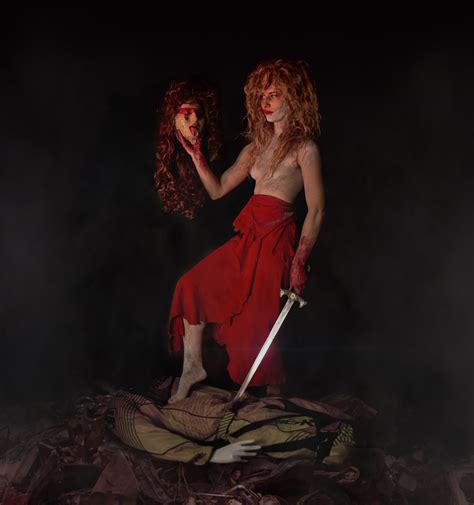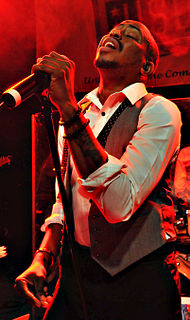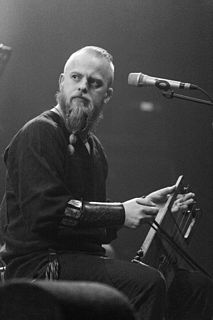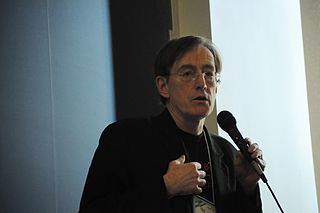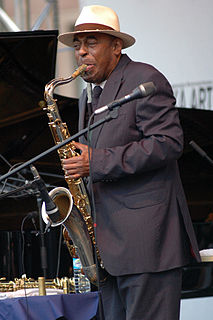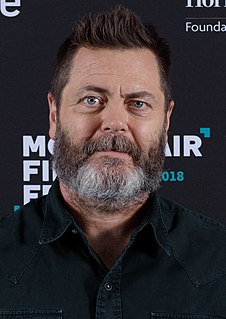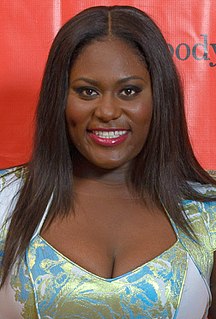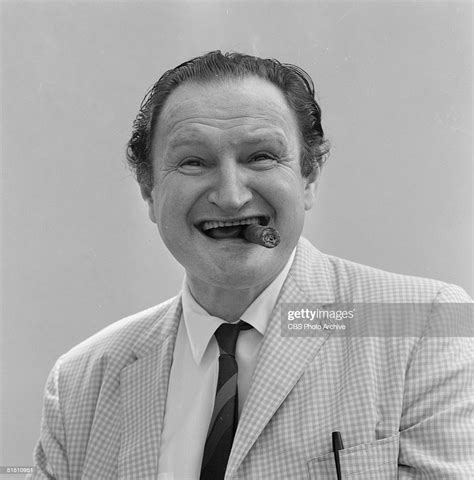A Quote by Taraka Larson
The way that music is approached in the temple is very call and response; it breaks down that barrier between performer and audience.
Related Quotes
In regards to live shows, space is very important to me. Space and context should complement the music in some way; you gain so much from it. It enhances the dialogue between audience and performer. I'm very much aware of this when choosing venues. I say no to 90% of booking offers. Somehow I feel the venue needs to make sense.
The wealthy class often looks down on the poor as "those people." And deprived people view the rich as cold and heartless. The way to break down the barrier between the rich and poor is to asociate with each other and to help one another. Make a connection. If you can break down the barrier, it may pave the way to recovery for some person, a family, maybe an entire community.
What I love most about playing in front of people has something to do with a certain kind of energy exchange. The attention and appreciation of my audience feeds back into my playing. It really seems as if there is a true and equal give and take between performer and listener, making me aware of how much I depend on my audience. And since the audience is different every night, the music being played will differ too. Every space I performed in has its own magic and spirit.
